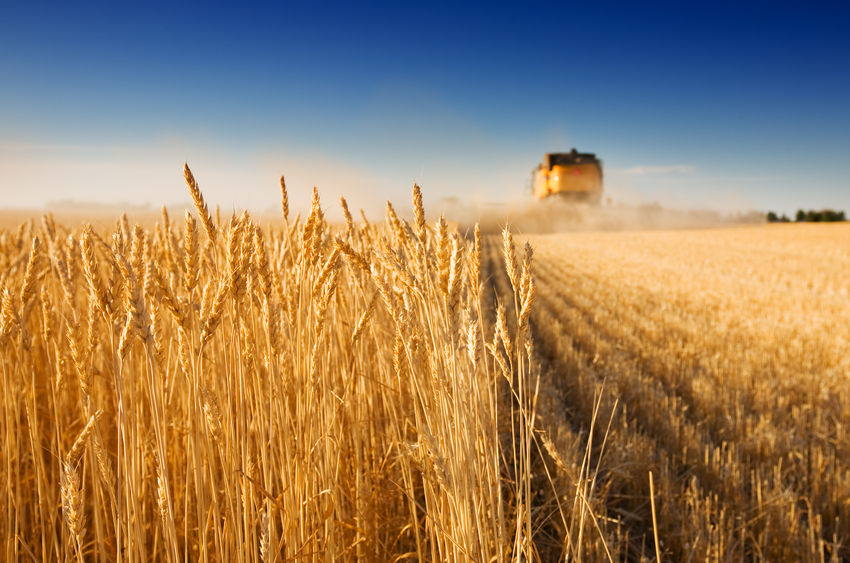
Environmental charity Friends of the Earth has published a new report today (Thursday January 5) at the Oxford Real Farming Conference warning that pesticides must not be used on wheat due to their 'high acute risk' to bees.
In 2013 the European Union restricted the use of three neonicotinoid insecticides following a scientific review that concluded they pose a high risk to honey bees.
The restrictions only applied to certain crops attractive to bees, like oilseed rape. Neonics can still be used on farms. One of these pesticides, clothianidin, was used on over 700,000 ha of wheat in the UK in 2014.
FoE said in the report: “High levels of neonicotinoids have been found in wildflowers next to wheat crops, and can enter flowering plants attractive to bees if they are grown after wheat.
“Bees can also be exposed to neonics due to dust drifting away from the crop when treated seeds are sown.
“Farmers who have been told by pesticide companies that that seeds treated with neonics are a very targetted way of applying a pesticide to a crop have been misled.
“Friends of the Earth thinks that to be sure we are protecting bees and other pollinators, the restrictions should be applied to all crops.”
NFU vice-president Guy Smith said Friends of the Earth’s idea to limit the use of neonicotinoids on wheat is 'not justified' by the available scientific evidence.
“It could have serious consequences for farmers’ ability to grow food sustainably.
“With no restrictions of this kind anywhere else in the world farmers would be put at an extreme competitive disadvantage without the use of neonicotinoids on wheat.”
